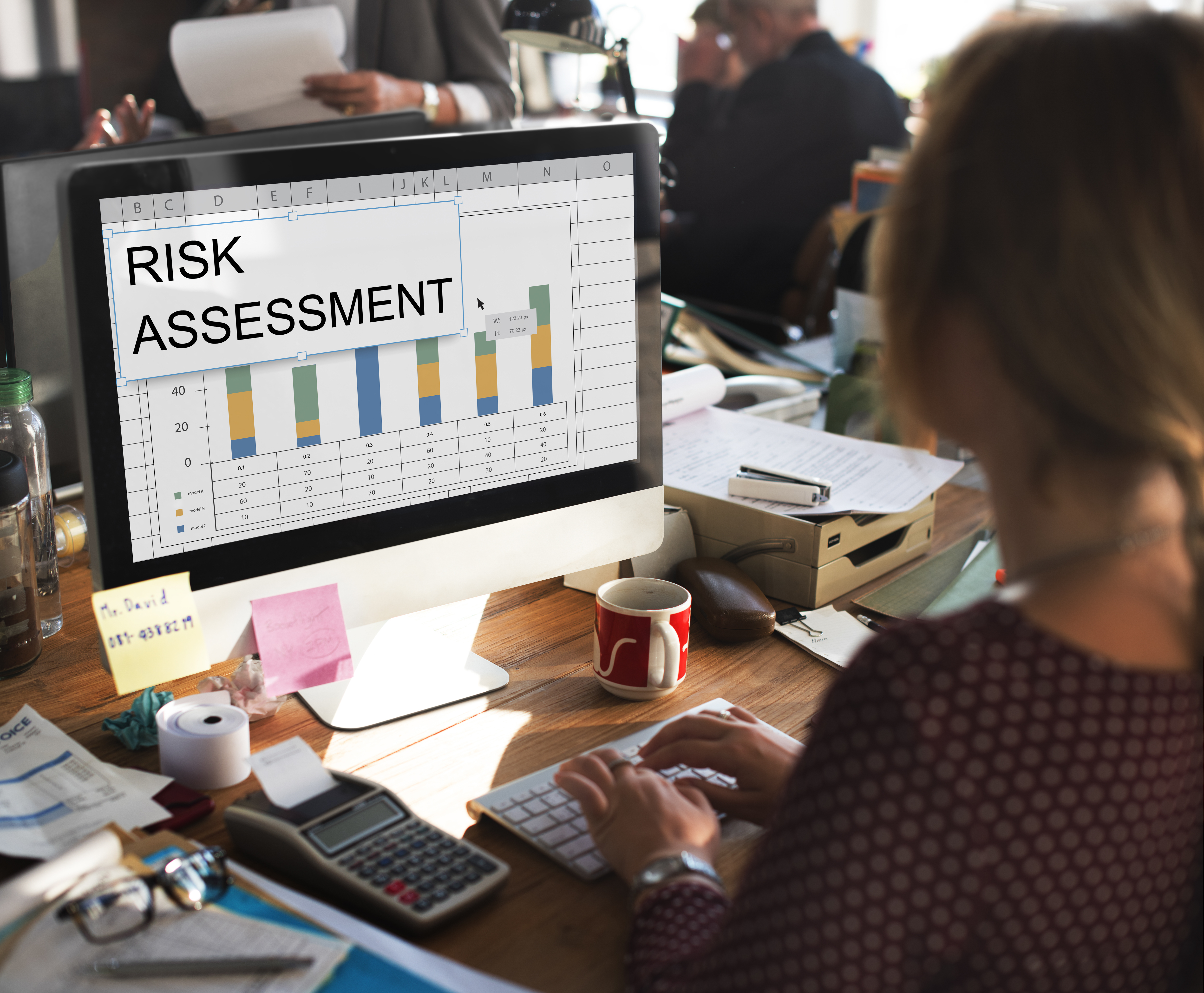As an owner of a small business, you might have many challenges and among all, money management is one of the biggest sources of struggle. Managing your money effectively is essential because it is the key to business survival.
Improper money management can cause persistent issues that can ruin your business. But a proper money management plan will lead you to long-lasting success and a growing business.
Hence, we have compiled some of the money management techniques & best practices that you can use for effective money management for your startup:
Create budget and adjust accordingly
It is very important to create an organized budget for your company that is easy to understand & flexible. It ensures that you do not spend on unnecessary items or become bankrupt. It also saves you from rash decisions that can impact your whole financial position.
For budgeting, you can use simple tools or can go for software. Microsoft Excel or Google Sheets is commonly used for recording and budgeting. Include the details of the costs, expenses and forecast revenue while budgeting.
Use free tools for running your business
As a beginner, always look for free resources. Do not spend your money on things that you could be used without spending money. Make efficient use of available resources and make your business profitable.
You can use social media platforms to advertise your business and reach out to the right people for free. Start virtually rather than having an office or place in the beginning.
Get your cash flow organized
Cash flow is the movement of money in and out of your business in terms of income and expenses. Organized cash flow will help you to figure out where your business stands. Negative cash flow results mean you need to find resources of income to be able to pay your debts.
To maintain your cash flow regularly, cut your costs or extra expenses, consider selling assets that you no more use, lease equipment instead of buying them and most importantly get paid faster using the latest technology such as mobile payment solutions.
Establish an emergency fund
In business, there is a certain amount that is set aside for the safety of the business called, the “Contingency fund”. Business owners can use this amount, in case of emergency.
Emergencies like earthquakes, floods, economic issues, or recently Covid19 impact the revenue of businesses & it becomes so tough to maintain the business. You can keep your emergency fund through:
Take stock of existing assets, draw up monthly commitments towards the funds, check your tax withholding, and liquid mutual funds can help you to keep your emergency funds.
Avoid extra expenses
Keep track of your spending habits and keep a close eye on them, know how much you earn and how much you spend. Save utility costs by using less electricity, and unplugging every unused electric device. Anything that isn’t very much in use, cancel them, cut them. Minimize the use of your credit card such as switch to cash-only option if possible.
Segregate the personal and business expenses
Tax is one of the significant reasons to keep your personal and business expenses separate. It is to take advantage of tax deductions. Get a business debit or credit card, apply for Employer Identification (EIN), pay yourself a salary from the business, keep track of everything especially the items used for business from personal life or vice versa.
Entrepreneurship is all about innovation, creating ideas, figuring out new ways to solve problems, networking, staying connected, and working in a changing society. It is only possible if you are well informed about the problems, latest technology, users, product market, and changing nature of business.






